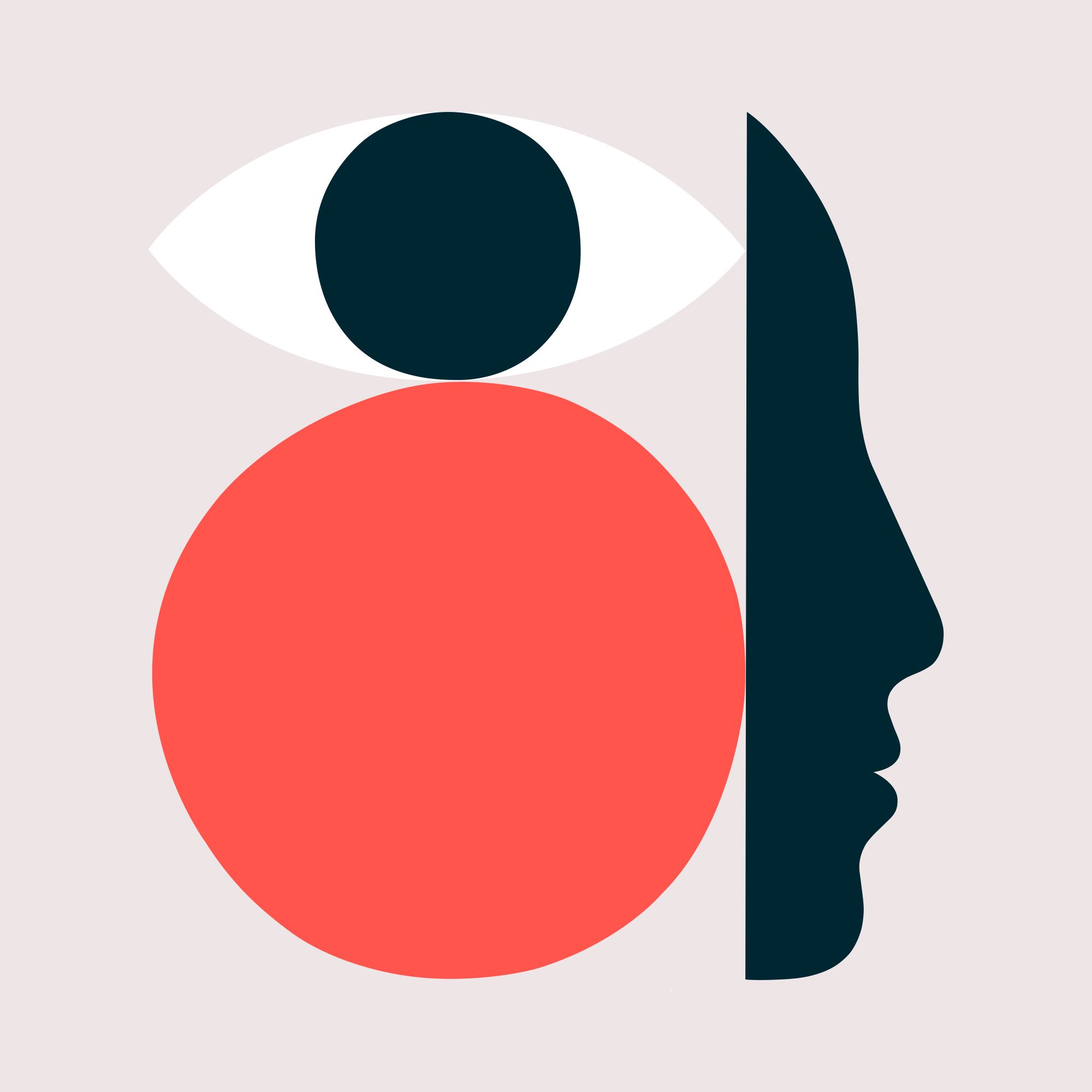
Working in Tech: My Experience
We all go to college to get a better education in the hope of finding a good job to help support us through our adult lives. What people don’t tell you is that a college degree alone does not guarantee a good job – experience does. Our futures were a little more scripted before COVID-19. Most students were accommodated by part-time jobs in the service industry and hospitality, which was convenient and clear. Also something you could put on your CV for future employers.
After the outbreak of COVID-19 in March of 2020 I had lost both of my part-time jobs which was utterly devastating. I did not know what to do financially and was looking for remote work. I found many roles but none for which I had the knowledge or experience. I was searching for the right thing but in the wrong place. After some time, I realised that technology could be a friend to me during lockdown as I began learning new skills through LinkedIn courses and online assessments. I learned more relevant skills from these courses than I did at my regular job, where the closest I had gotten to contemporary technology was putting an order through to the kitchen with a fancy tablet. That experience did come in somewhat handy later though, when discussing my familiarity with tech systems at interviews.

In November 2020, after a very long period of searching and bounding from lockdown to lockdown, the invitation to interview with a tech company arrived in my LinkedIn inbox. I secured the role of entry-level Sales Development Representative. Now, this may sound like a fancy title but most entry-level sales roles are not that different to customer service jobs or call centres. I answer phone calls from clients looking for a consultation about communication within their company infrastructure. Keep in mind, I am in the third year of an Arts with Journalism BA at NUI Galway – no computer science or business degree. The job demands a hunger for self-growth as without motivation and ambition you won’t get very far in a tech career freshly out of college. According to Indeed.com, “Employers care most about your GPA when you are applying for your first job out of school.” A degree offers a foundation but experience is key, whether that’s part-time work or volunteering.

Before joining this company, I knew little about Artificial Intelligence and machine learning. I didn’t know how to manoeuvre my way around ticketing systems and salesforce tools that help with data hygiene. I was simply a third-year student trying to learn a whole new system of tools and products while also studying for my midterm exams. The training was intense but surprisingly achievable. Before I started, I had never paid much thought to our student services and websites. I believed it was standard for websites to be confusing, laggy and uncomfortable to use. I put this all down to the sheer volume of information and student resources loading. Our use of Microsoft 365/Outlook was another factor I hadn’t considered. Why did we as a university choose this software for communication over the more familiar and user-friendly Gmail by Google? Why are we using Zoom when it has so many security concerns? Lecturers in some universities were also struggling to get a handle on these technologies, leading to controversies wherein they were caught bad-mouthing students without realising that they were not on mute.
I feel as though we have not received proper training for the tools we use, and have not taken full advantage of the amazing software available out there. Better training would help us navigate student services while also allowing for the opportunity to demonstrate new skills to future employers. For example, more online tutorials for tools like blackboard, or even for the student website, would be very useful. The university has had its share of technology mishaps affecting students. If there were perhaps more up-to-date, secure technological services for students, it would create a bridge in awareness to services in use in workplaces today, such as Hubspot and Salesforce. This could help train students for the future, working with CRM [customer relationship management] systems, creating further appeal for companies hiring new graduates. Indeed, a career in journalism is no longer a matter of carrying around a notepad. Positions in news and media organisations often require technical skills, and traditional staff writing positions are hard to come by today.
Positions in news and media organisations often require technical skills, and traditional staff writing positions are hard to come by today.
Open to Change
We currently have no guarantee that the service and hospitality sector, where the majority of people my age find employment, will ever return to pre-COVID conditions. For most, losing their jobs and not being able to work full time have affected their ability to pay rent and driven them to live with their parents. Many have experienced severe anxiety and fear of failure. If you are going through a tough stage and no longer feel secure in your employment, whip out your LinkedIn and start decorating. I hugely neglected my LinkedIn until I started my tech job, and I feel it hindered me greatly. LinkedIn is used by some of the biggest companies in the world and offers great courses and assessments to test your knowledge and display your skills to employers.
Another way in which you can prepare for a changing job market is to sign up for a few free trials of products created by companies that draw your interest. Get familiar with your laptop and a few keyboard shortcuts. Entry level IT or sales jobs offer remote or hybrid work which means they can be flexible if you are still studying. Remote work also offers an advantage in terms of protection against COVID and job stability. Learning about software products can be difficult at first as terminology is a huge factor, but after a month or two, you will feel like a pro. Branching out in my part-time work has broadened my prospects for the future. One year in an entry-level position guarantees other LinkedIn offers and easier job applications going forward.
Of course, not everyone wants to work in tech or sales. I initially found the idea of working from home or in an office intimidating, but realistically, we never know when we will be hit with another lockdown or crisis. It is useful to teach yourself these new skills to increase your options for the future. Working from home helped to keep me safe and financially independent during the height of the pandemic. These things are important, as the world seems to become more expensive each day.
With pandemic restrictions and ensuing social changes influencing our daily lives, we need to find opportunities that allow us to use technology to complete our tasks and learn more. My current job has given me experience, security and knowledge about what the future holds. A year of speaking to businesses, learning about new projects and discovering how things work from the inside has made me more prepared and open for change. In the past year, I have parted with the mindset of choosing one career directly related to my studies, then working in the same role for the rest of my life. Technological innovation is accelerating each day, and we as the next generation need to prepare for major change as industries we know and love adapt or die out.
Profiles
BA Arts & Journalism Student, NUI Galway